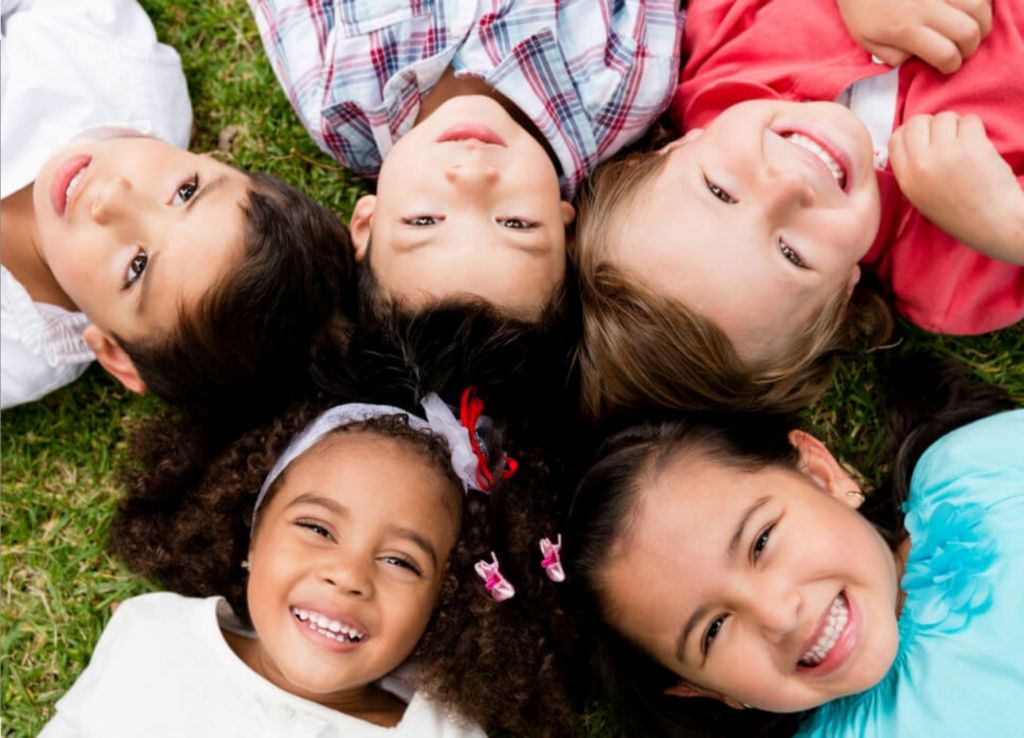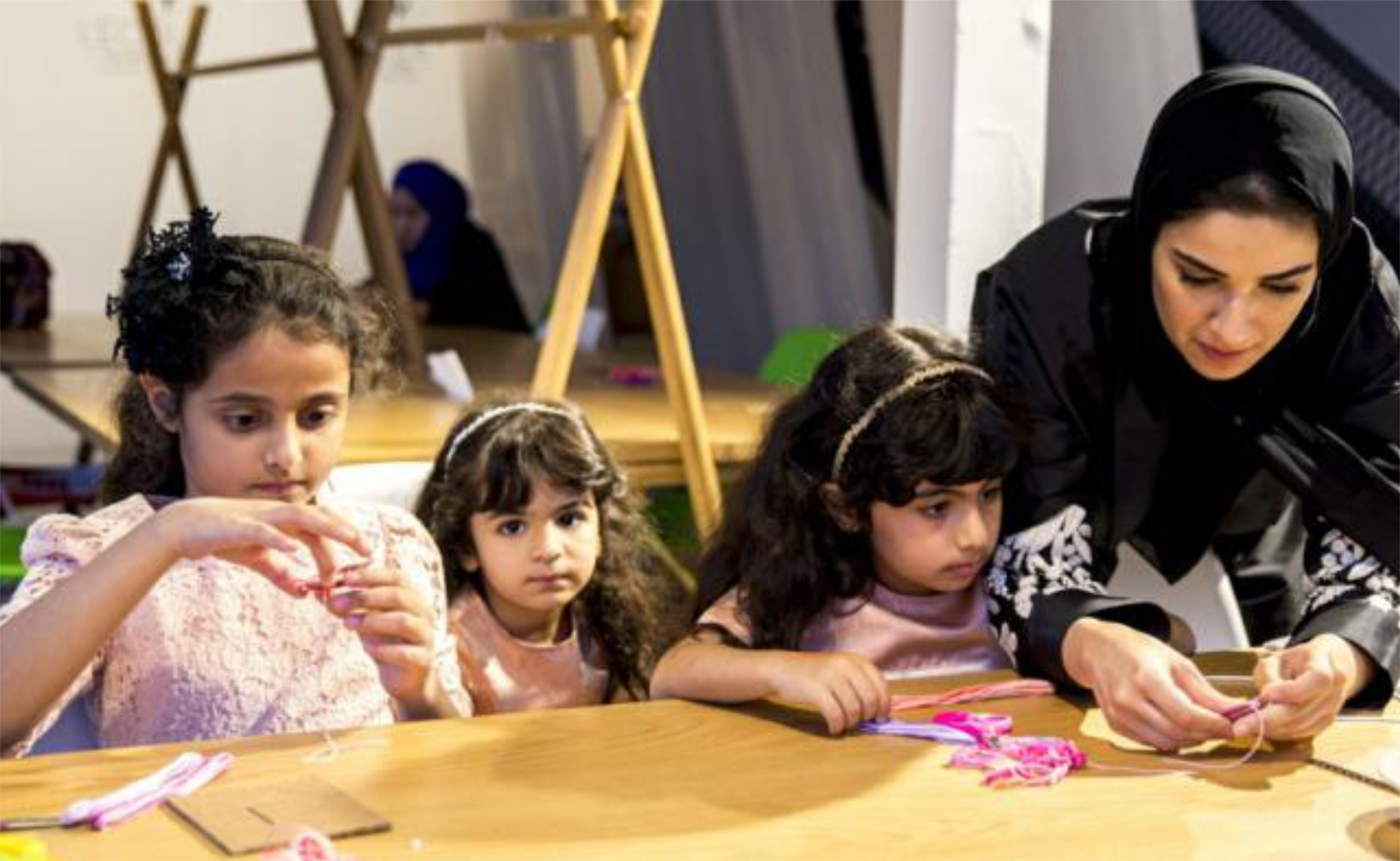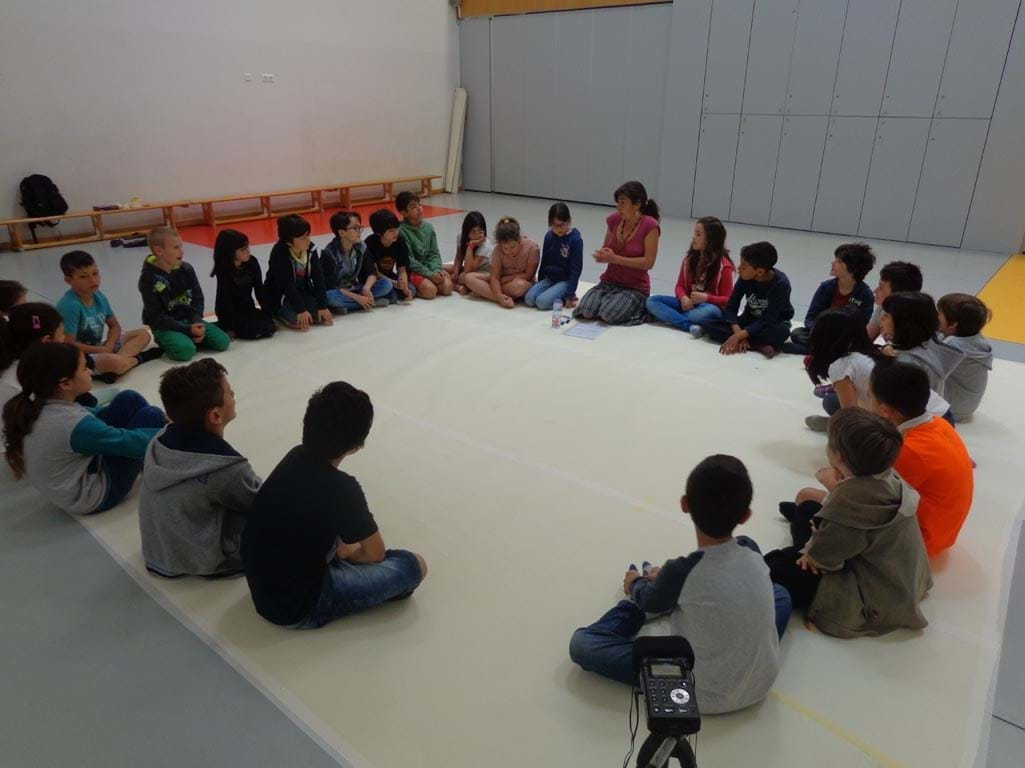
ERUDITE
Technocrats is committed to develop and hone the literary skills of the students from the very early years to their pre-university years. Apart from engaging in literary activities within the classroom, there are numerous post school activities which students can engage in based upon their interest.
Here is a glimpse of our world of literary activities:- Read and rhyme is an annual event, with the objective to enhance and encourage reading skills among children. Every child selects a book or reading material from fiction or non-fiction genres and reads it aloud in front of an audience
- Spell Bee is a monthly event wherein the objective of this is to involve students in learning the correct spelling of words, their usage in sentences and enhance their speaking skills.
- A monthly/weekly debate event for primary school children. It helps them develop their speaking skills and ability to express themselves verbally in front of a group, which builds confidence. Learning to debate can help children to develop their research skills as well.
- Create-a-Disguise, Book Review and Report are events that help to enhance communication, presentation reading and comprehension skills, amongst the children.
- Literary Week is a week-long festival to enhance the literary outlook of students. They are exposed to various activities ranging from, ‘ Meet the Author’, Author Study, Quizzing, Tongue Twisters, Puppet Shows, Story Telling Sessions, JAM Sessions, Elocution, etc during the week.




